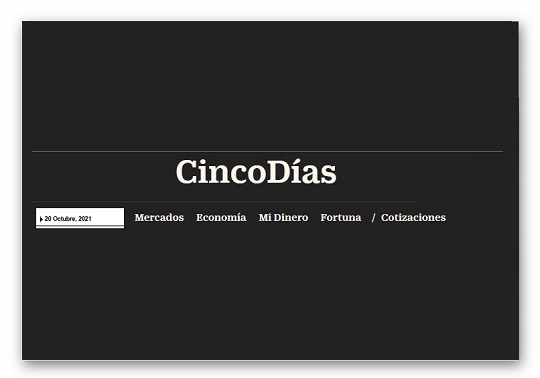With the objective of deepening the knowledge taught in this Master’s Degree in Accounting, Auditing and Management Control, offered by the Universitat de València, we explain briefly one of the concepts you will study if you decide to take on this master’s degree.
7 june 2016
Accounting consolidation is seeking as objective to emphasise the patrimonial situation of an only economic entity formed by different societies. Therefore, the objective is to represent a faithful image of the heritage, the financial situation and the results of a group of firms, as if they were just one. This is achieved through: a balance sheet, an income statement, a statement of changes in equity, consolidated cash flows statement and memory, that is, the consolidated annual accounts, in which is also included and also consolidated management report.
The regulations of the accounting consolidation are expressed in the Commerce Code and in the General Accounting Plan. The Royal Decree 1159/2010 also develops regulations for formulating consolidated annual accounts. In the case of firms that list on stock exchange must implement the International Financial Reporting Standards (IFRS), arose from the International Accounting Standards Board (IASB) and adopted by the European Union.
The regulations of the accounting consolidation are expressed in the Commerce Code and in the General Accounting Plan. The Royal Decree 1159/2010 also develops regulations for formulating consolidated annual accounts
Regarding the binding of this accounting activity, it is divided in two points:
General obligation: from the economic perspective, any firms exercising dominion or control on other would increase the usefulness of their financial statements if they are presented as consolidated with the subsidiary, thus projecting a more faithful image of its financial reality. Nevertheless, there are still aspects to determine regarding this regulation to avoid the free decision of the firms. Likewise, any commercial company can voluntarily present consolidated accounts, but they must follow the standards established.
Consolidation perimeter: not only the corporate groups can consolidate, there can also be other circumstances that explain the need of a group of entities to develop their inclusion in the consolidated accounts. Therefore, the subjects of the consolidation include:
- Dominant and dominated companies: it could be economic control or the control of the governing bodies.
- Subgroups of companies: corporate groups whose dominant firm depends at the same time on another.
- Associated companies: when an entity in the group, without controlling it, exerts influence within its management. For that it requires taking part in its capital and creates a lasting relationship.
- Multigroup companies: those managed by several societies of the group that participate in its capital together with other external entities.
- Entities of “special purpose”: firms created with specific finality and objectives, where the power of management and control is not explicit.
In any case, we should not forget that this obligation does not exempt the firms of presenting their own annual accounts and the management report. It also should be emphasised that there are exceptions to the consolidation. The reasons in which firms would be exempt from consolidating their accounts are, essentially, two: for size reasons and for reasons of dependence on a bigger group, whose dominant company is subjected to the legislation of the Member States of the EU.
For more information on the topic, click here. Also, you can consult the reference manual: “Consolidación contable de grupos empresariales” (“Accounting Consolidations of Business Groups”), published in 2011 by Pirámide publishing house that is used during the academic year. Among its authors we can find one of the co-directors of the Master’s Degree, Miguel Arce Gisbert.











